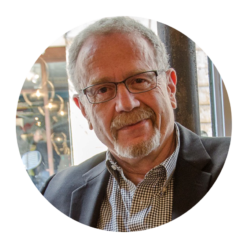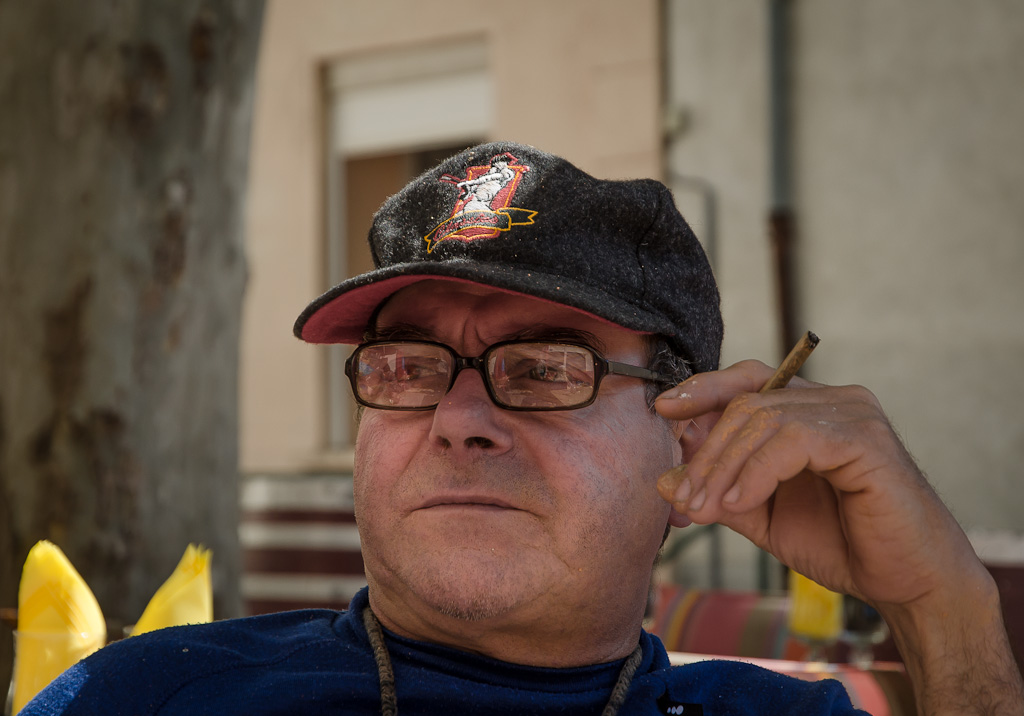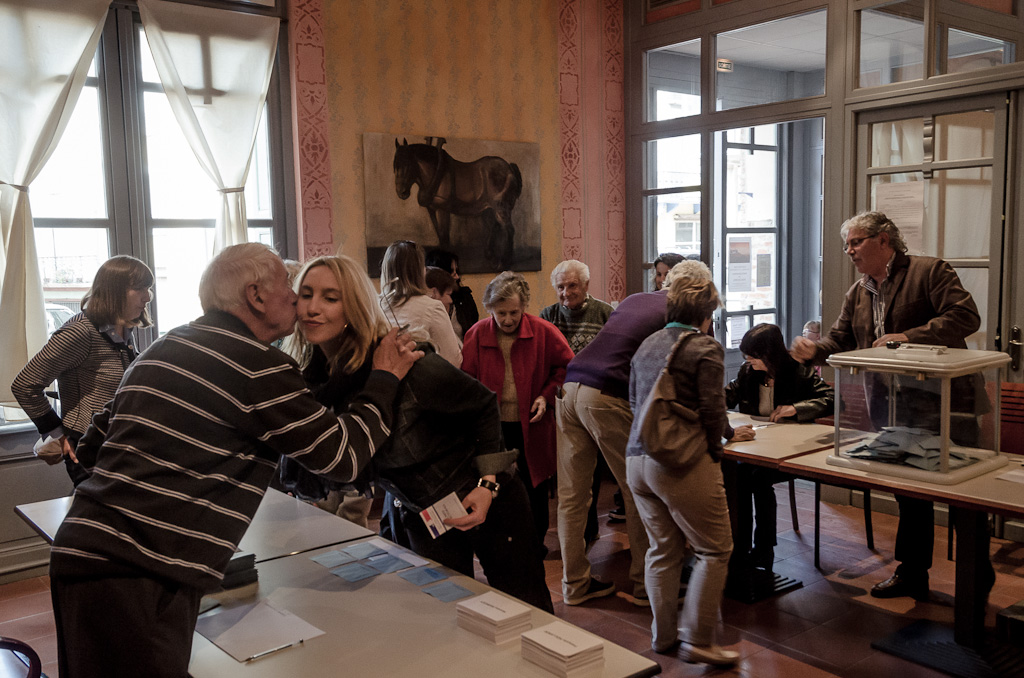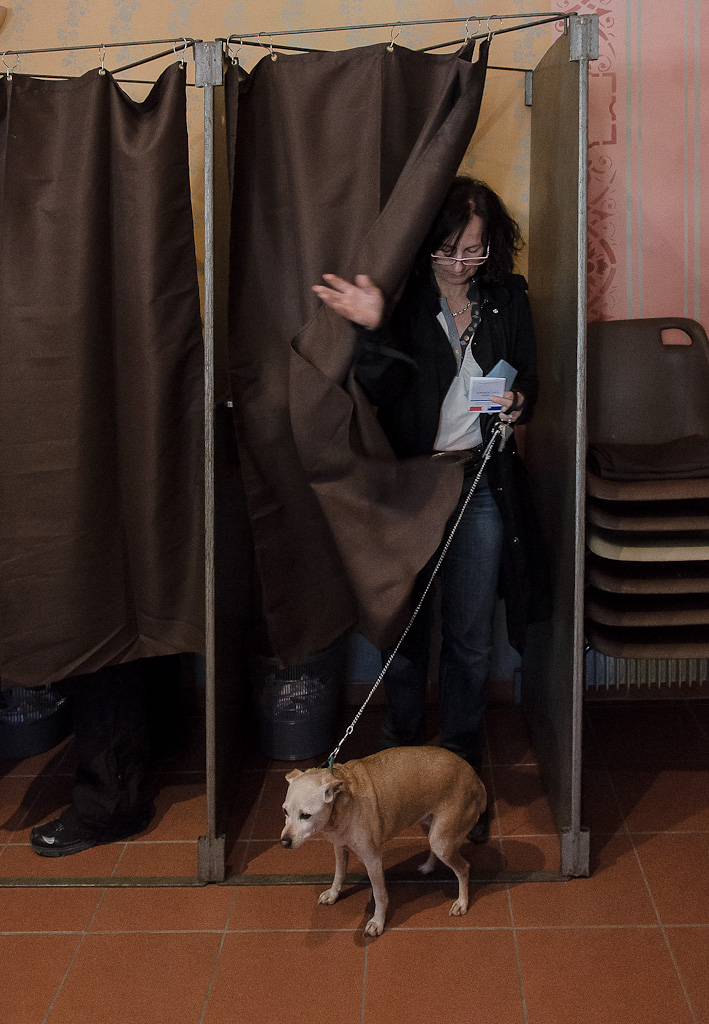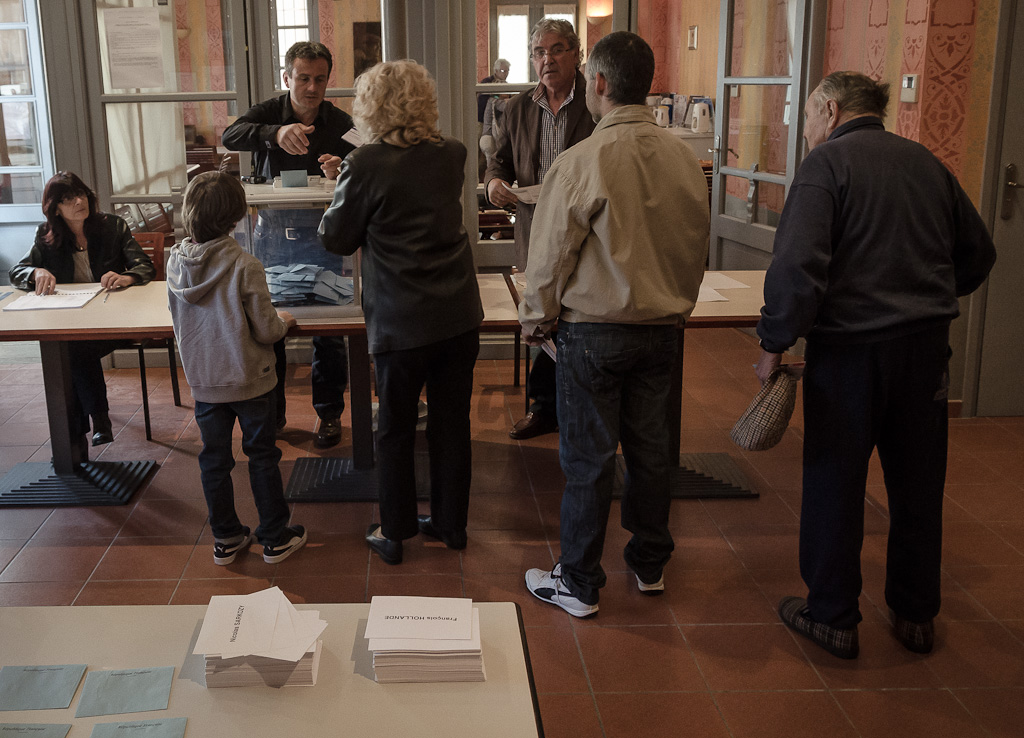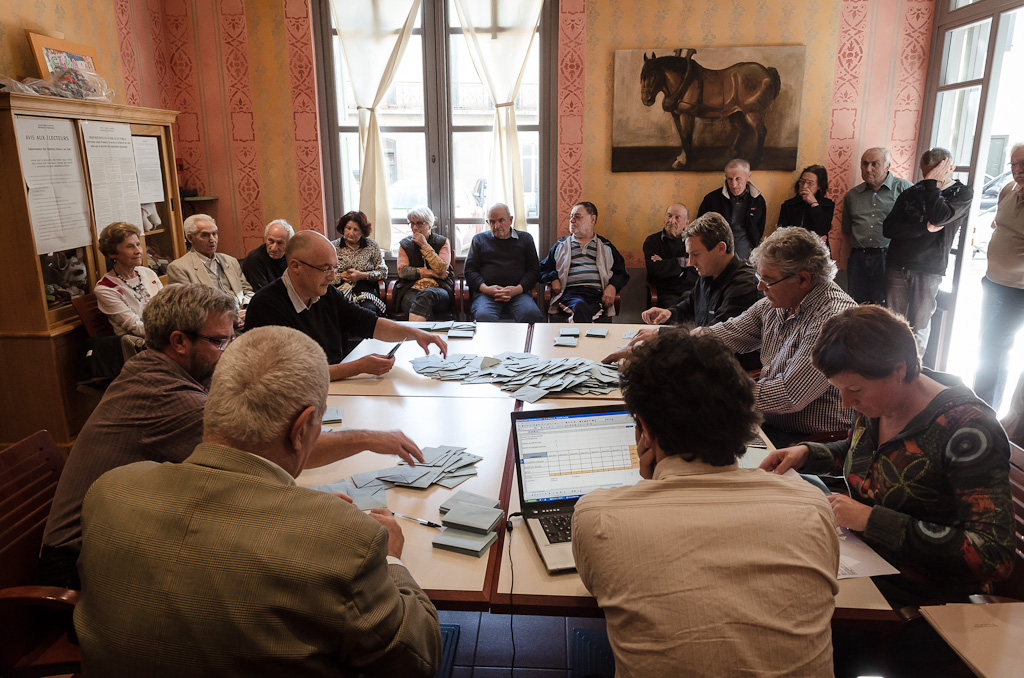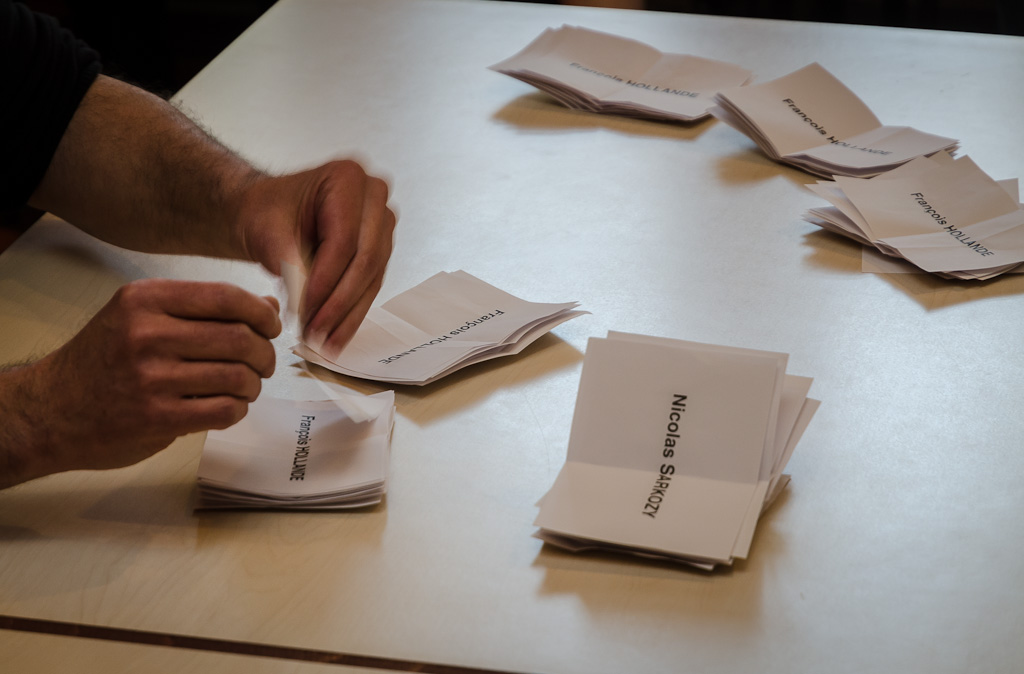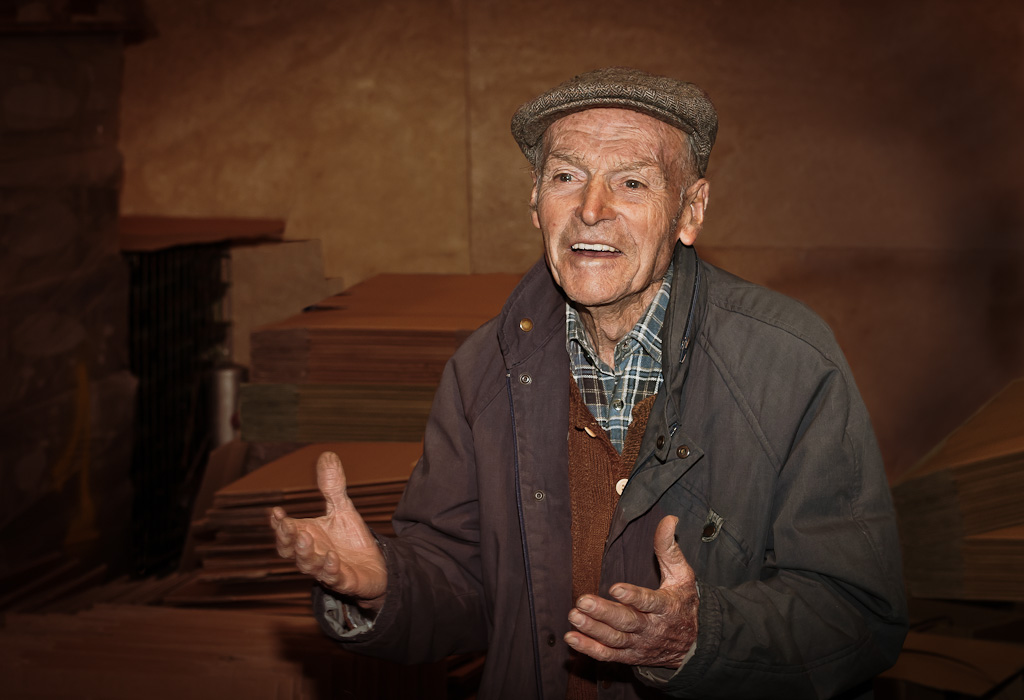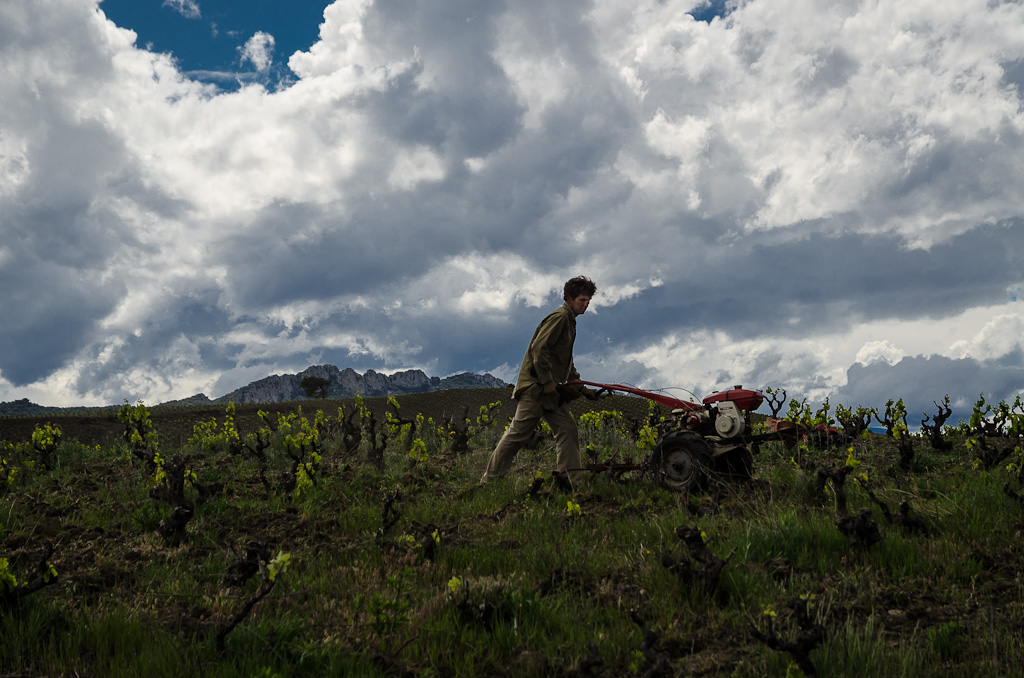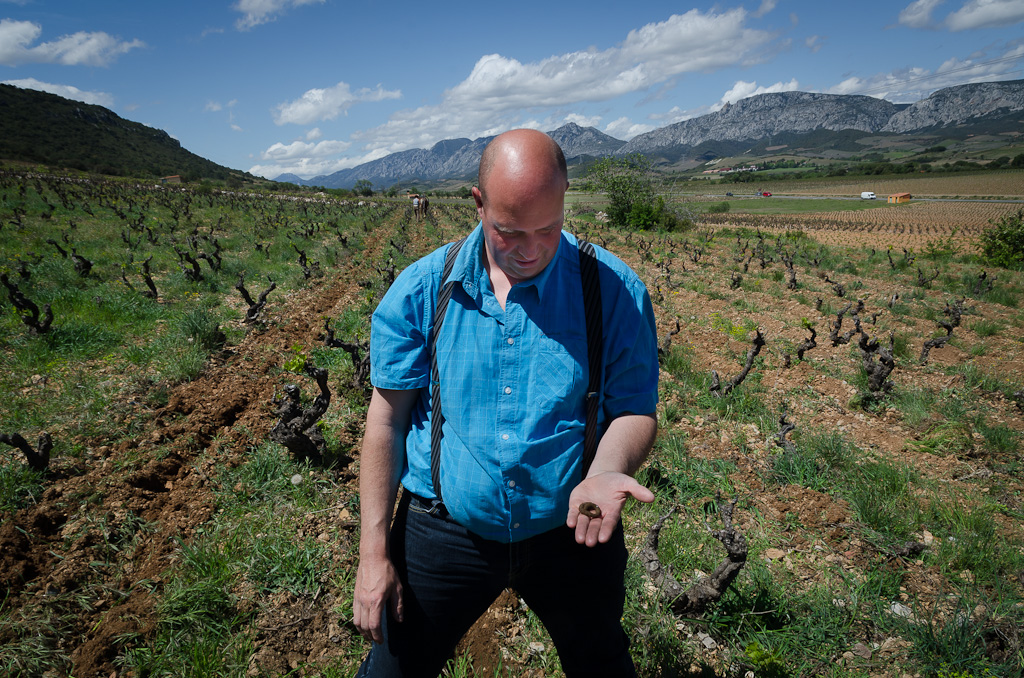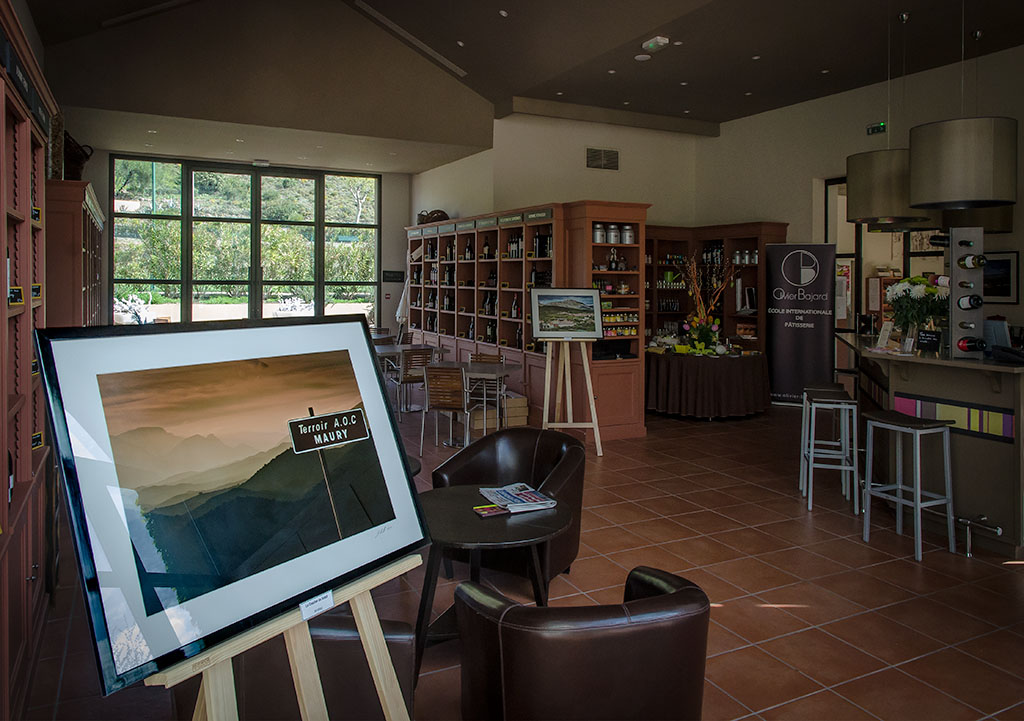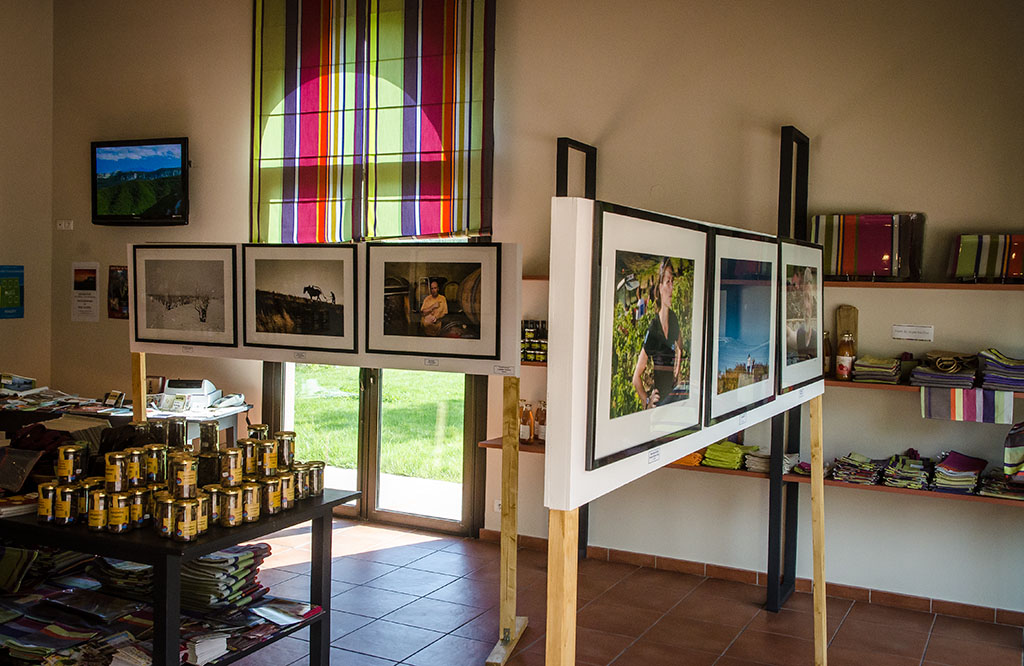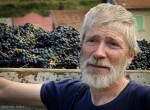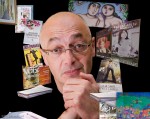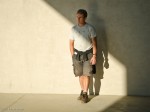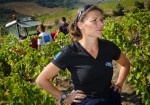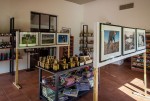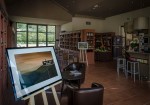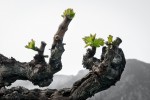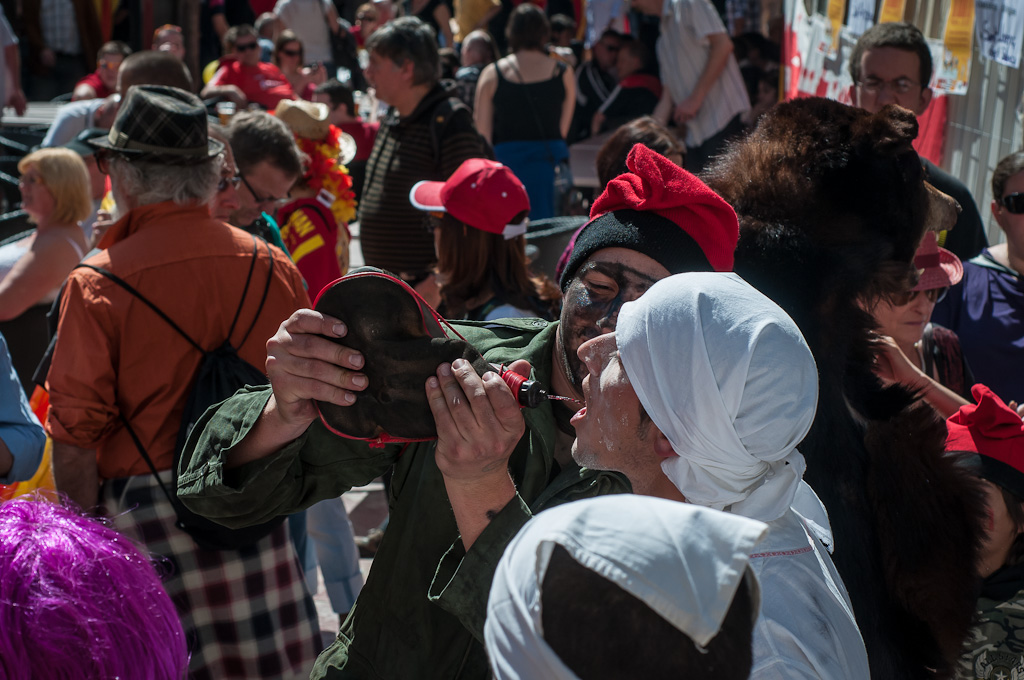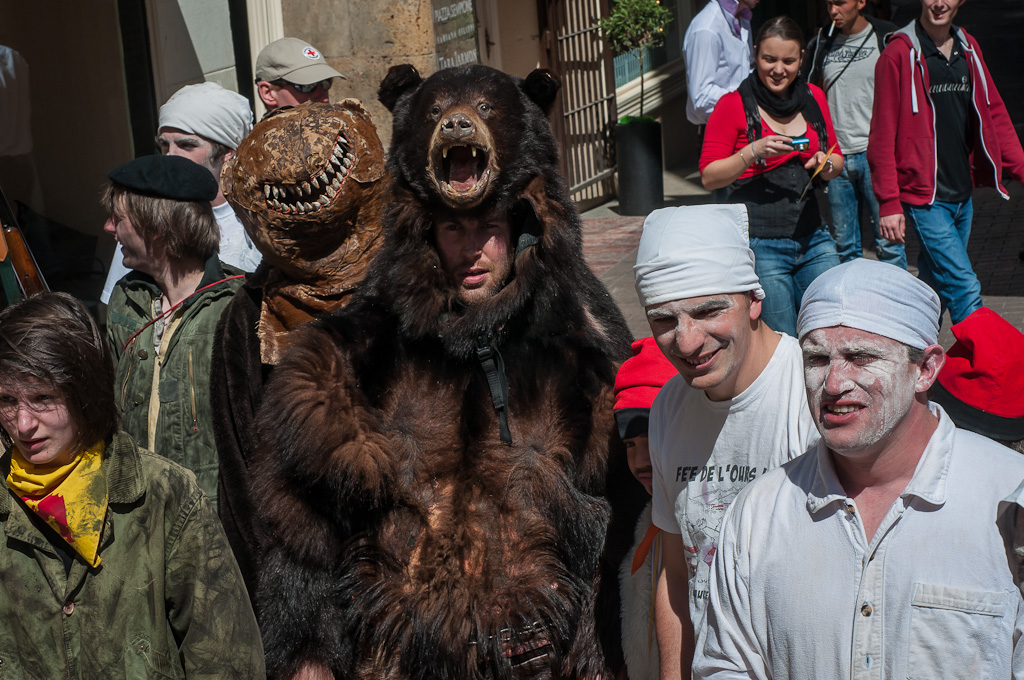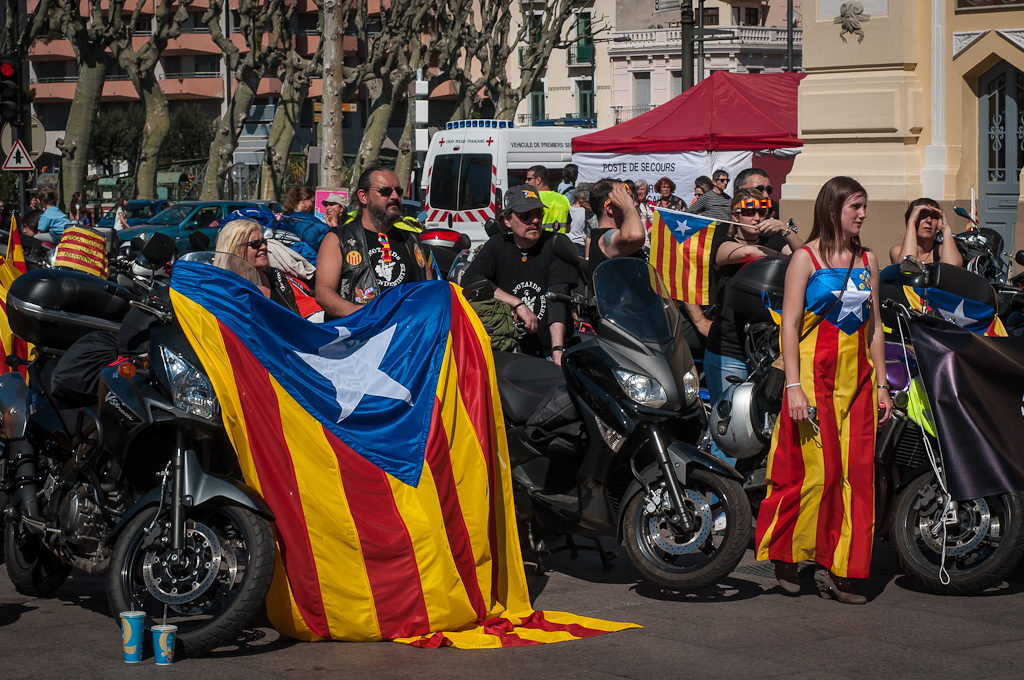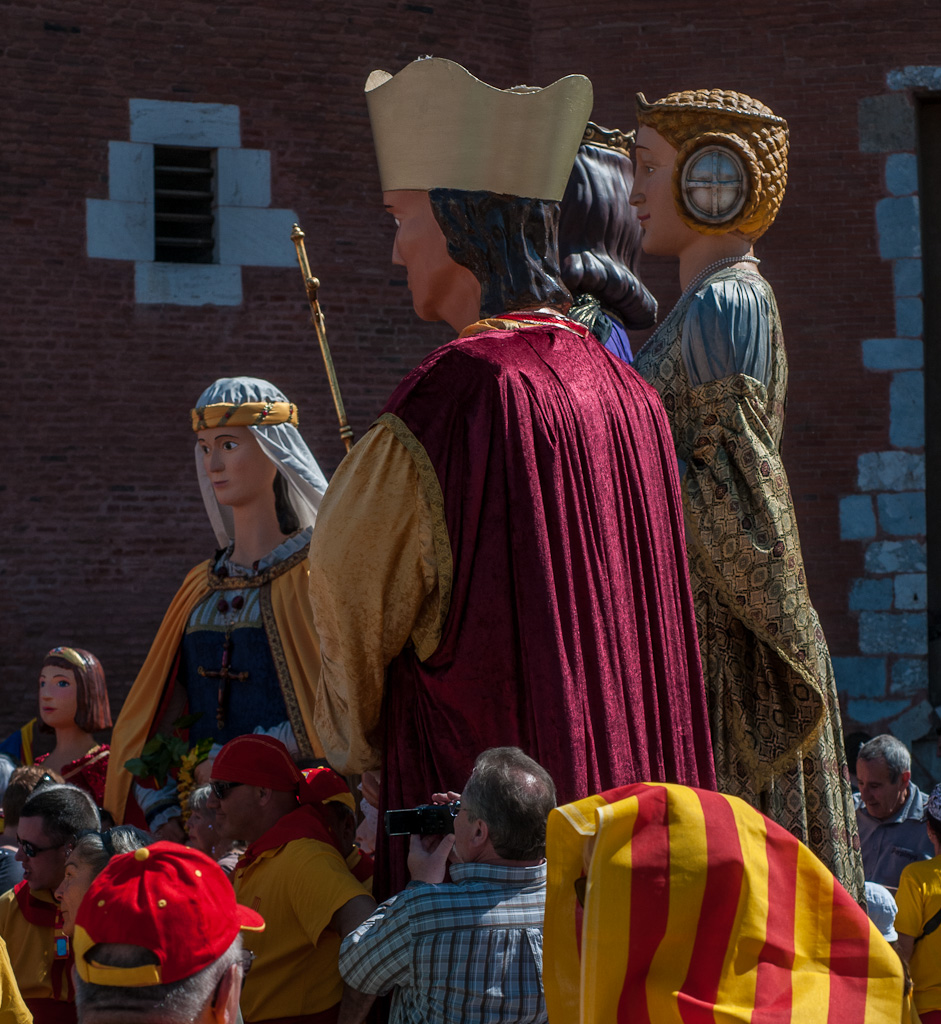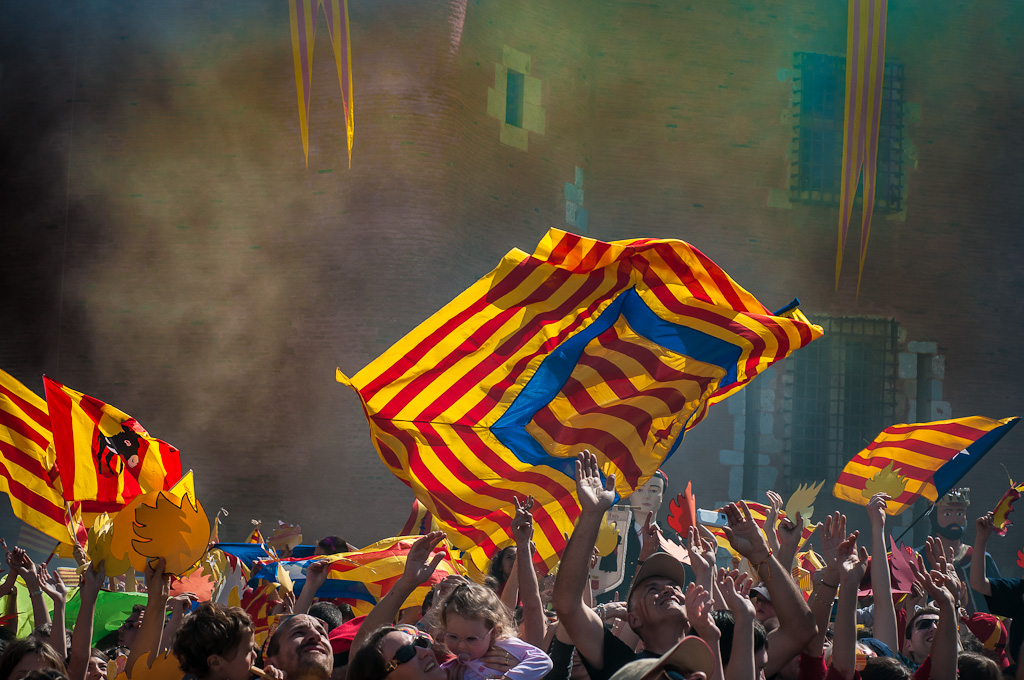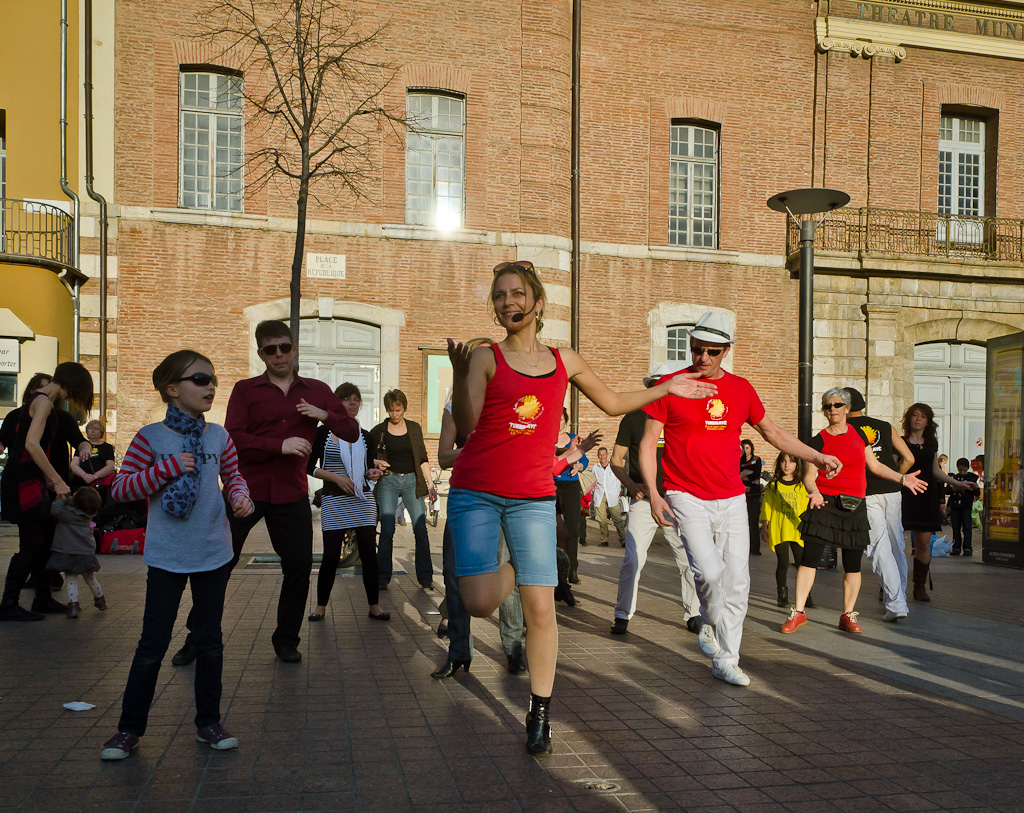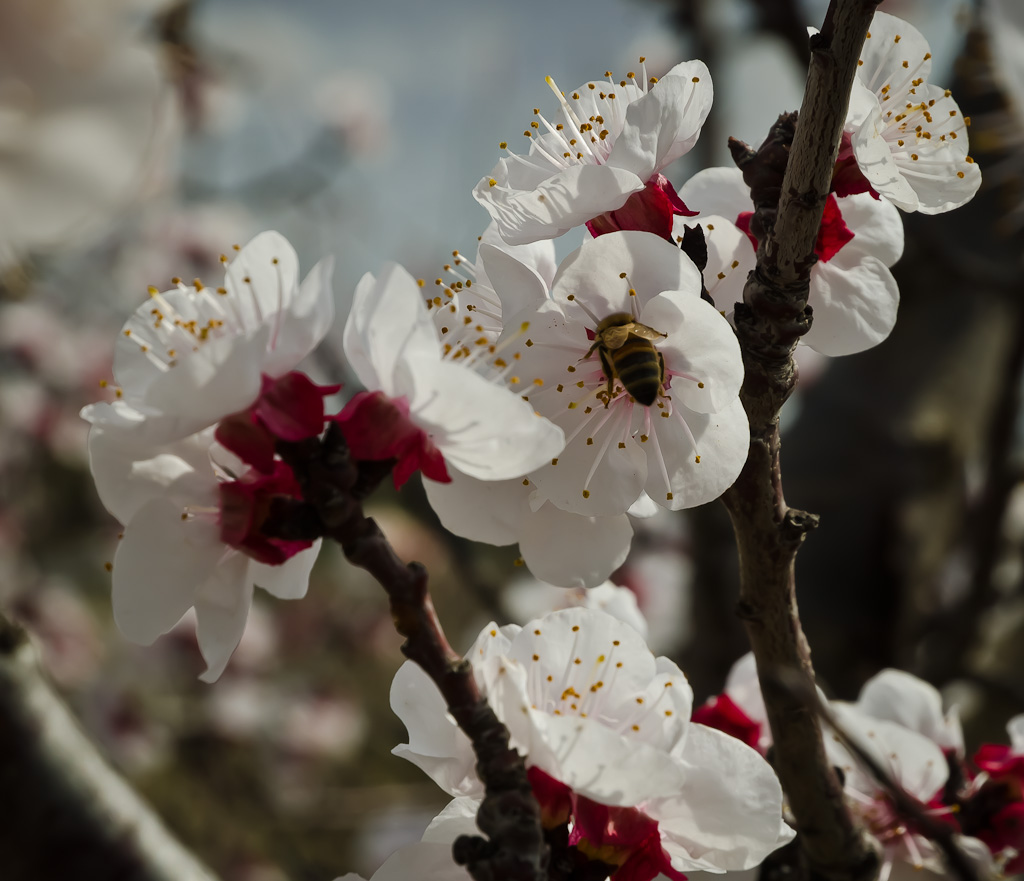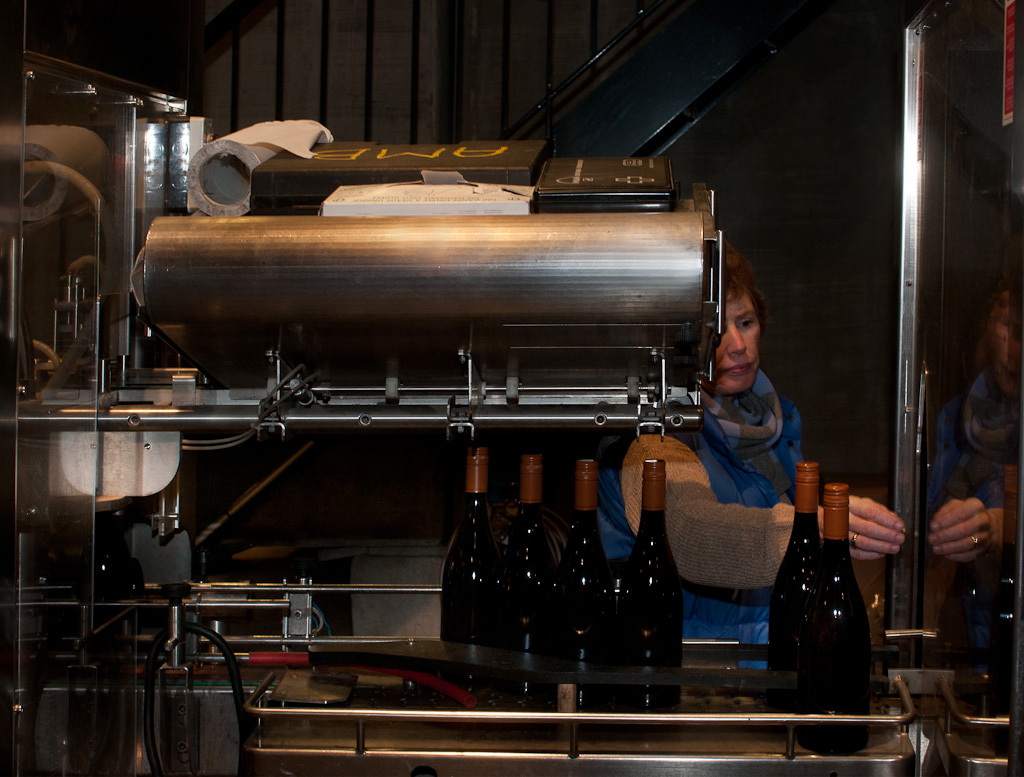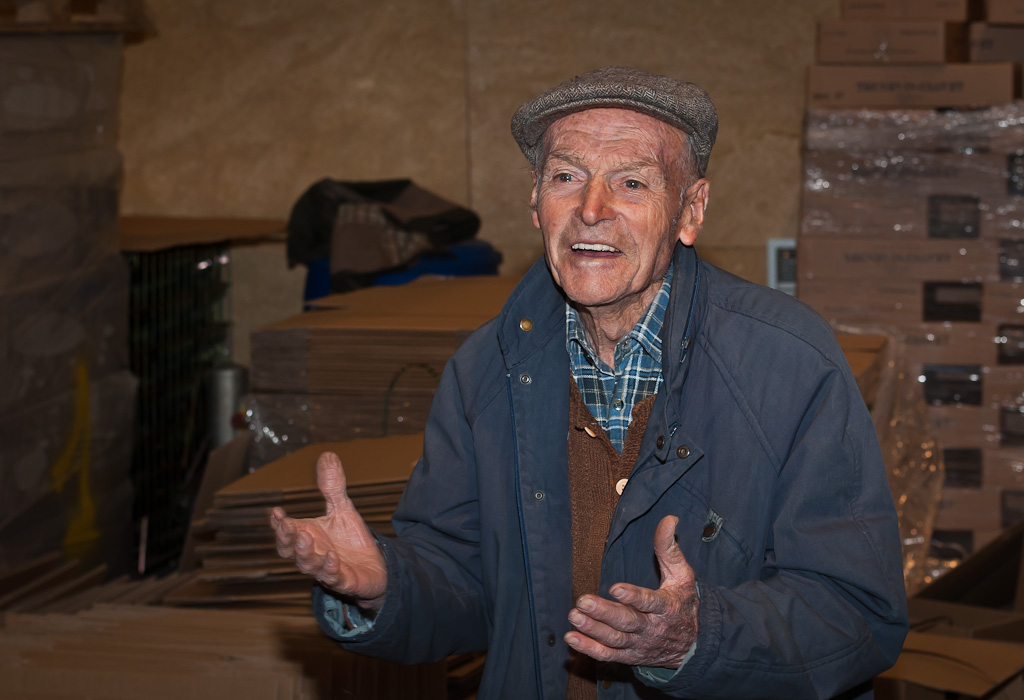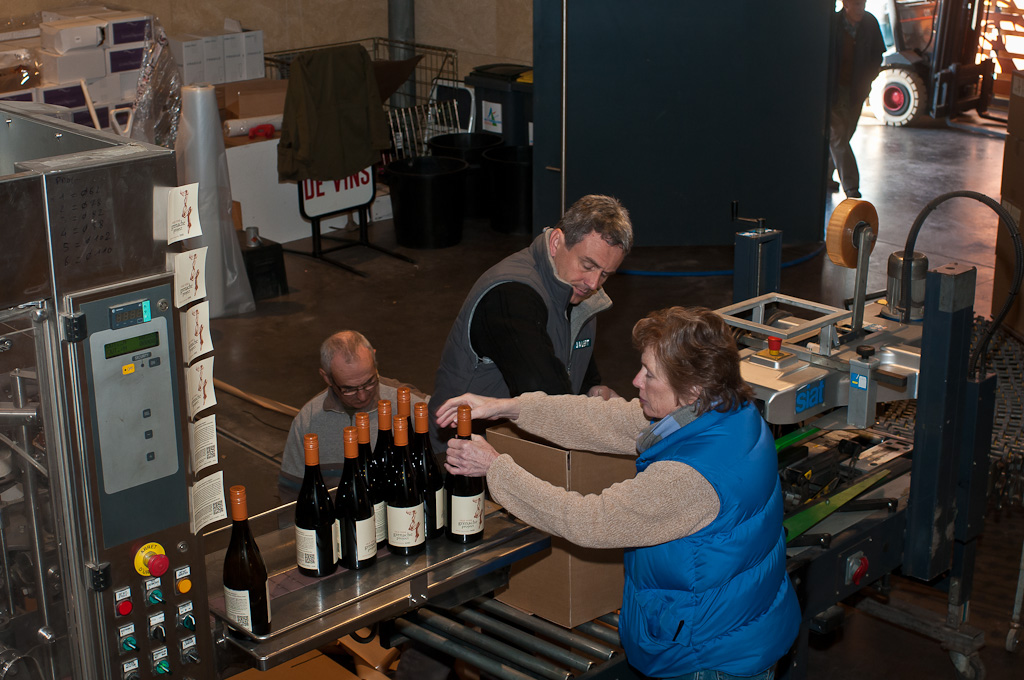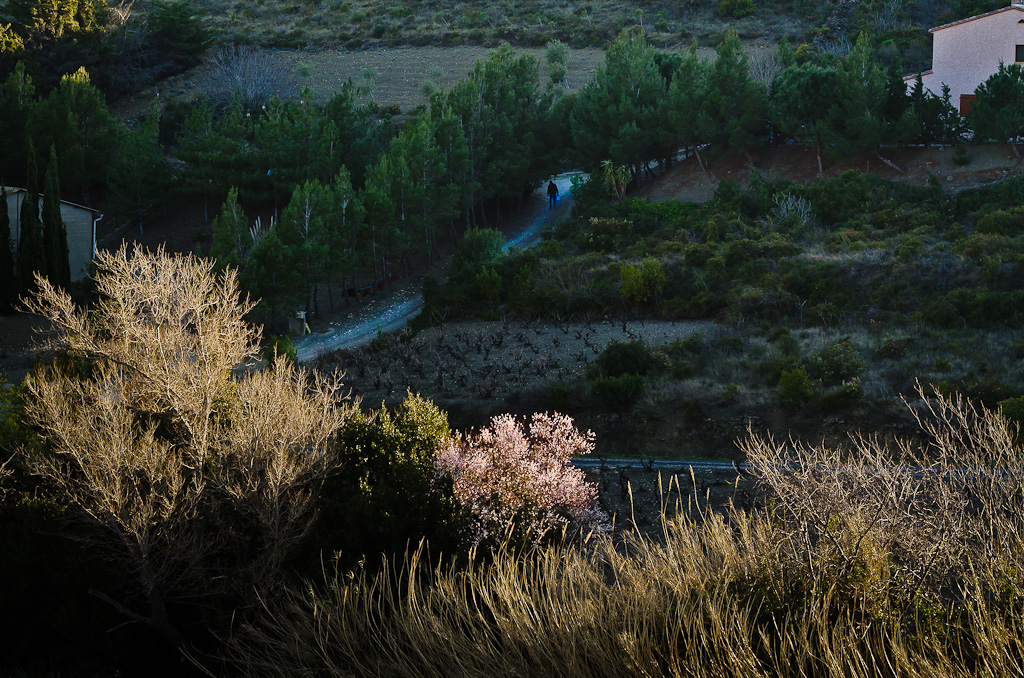Bardot starts early and I can hear him trying to tiptoe on the scaffolding while I’m still half asleep. By the time I’m up for coffee, he’s down to the café for his first pastis break of the day. When he returns, he greets me with “Bonjour, jeune homme”, although I must have 10 years on him. He’s never more than an hour from a pastis and there’s always a cigarette in his mouth, but he works hard and well. This is an old house with a heavily cracked and irregular surface and it’s now looking good.
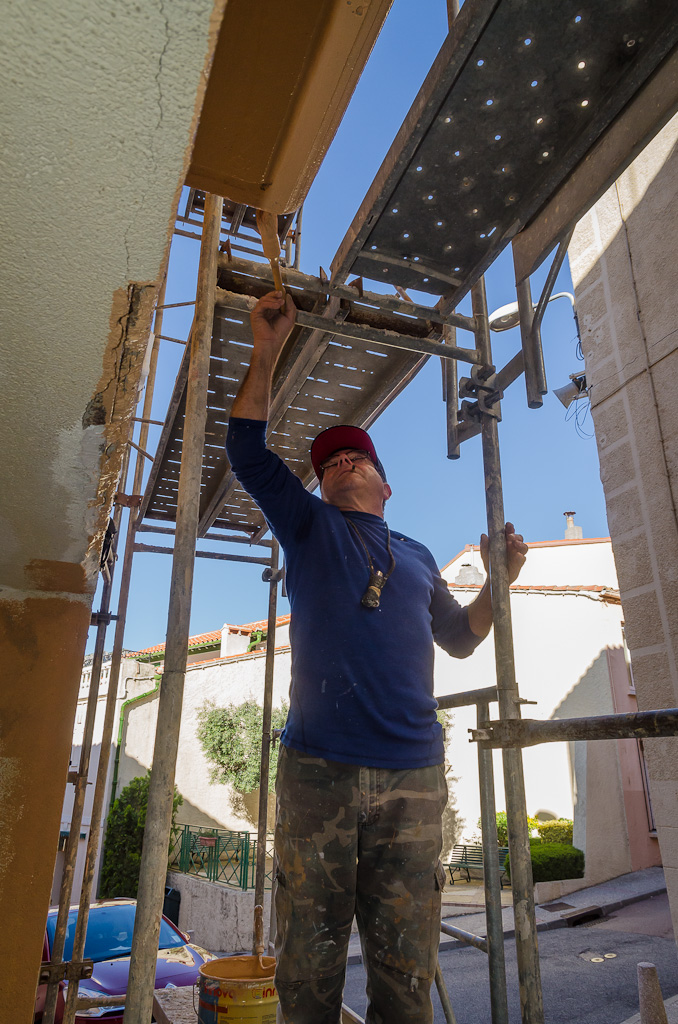
Bardot has that heavy southern accent, speaks quickly and always has that cigarette going. He wears a little pouch around his neck to hold his lighter. In the beginning I couldn’t understand a word he said, but now I’m starting to get it. This evening I came back from a walk and he was just packing up. I asked him if he’d like something to drink and he replied, “Moi, seulement Ricard, vous avez le Ricard?”
Oui, and we went to the kitchen for a drink. He told me some of the shutters were broken and he would fix them and I asked if it would be extra above the estimate. No, no. I never charge more. I want you to be happy and feel I did a good job. I told him I was very happy and would buy him a Ricard whenever we were in the café together. That may suit his retirement plan but it’s likely to strike a serious blow to mine.
I asked him why he was working weekends and holidays and he tells me he has several jobs lined up after this, and he really wants to retire.
“Quel age avez-vous?”
“58”
“Too young”, I said.
“But, I get up in the morning and it hurts to get out of bed.”
“Me too”
“And how old are you?”
“66”
“Beh, taking photos isn’t work, snap, snap. You’re a young man.”
Finishing off his Ricard he told me that tomorrow would probably be a short day because it will rain in the afternoon.
“But in the morning, another coat on top, vite, vite”, he whistled and mimed a painting stroke.
Then he asked me how you say la pluie in English.
“Rain”
“Wing”
“No, rain. er ah e enn”
“Ring”
There was no way that word was coming out without a “g” at the end. We left it at that with a chorus of allez, salut and ciao.
Another day, another Ricard and Bardot asks me what I’m doing tapping on the piano all day. Since we don’t have a piano, this took a while to unravel, but we finally figured out he was talking about my computer.
“You’re a photographer, non?”
“Oui, and I’m also a writer.”
“You’re writing a book?”
“Oui.”
“Moi, I don’t read.”
“Not at all?”
“Only the invoices. I started work at 13 years old.”
“No more school after 13?”
“No, I’ve been working for 45 years, I’m tired.”
He had told me before that his father was a painter too and I asked if he went to work for him.
“No, he didn’t want me, I worked for another painter, and a grocer, a builder and then for myself. Are you married?”
“No, divorced.”
“Moi, I’m married 40 years, two children, four grandchildren, one wife. C’est bon. Alone is not good.”
He finished his glass with a long swallow and went off to the café for another.
